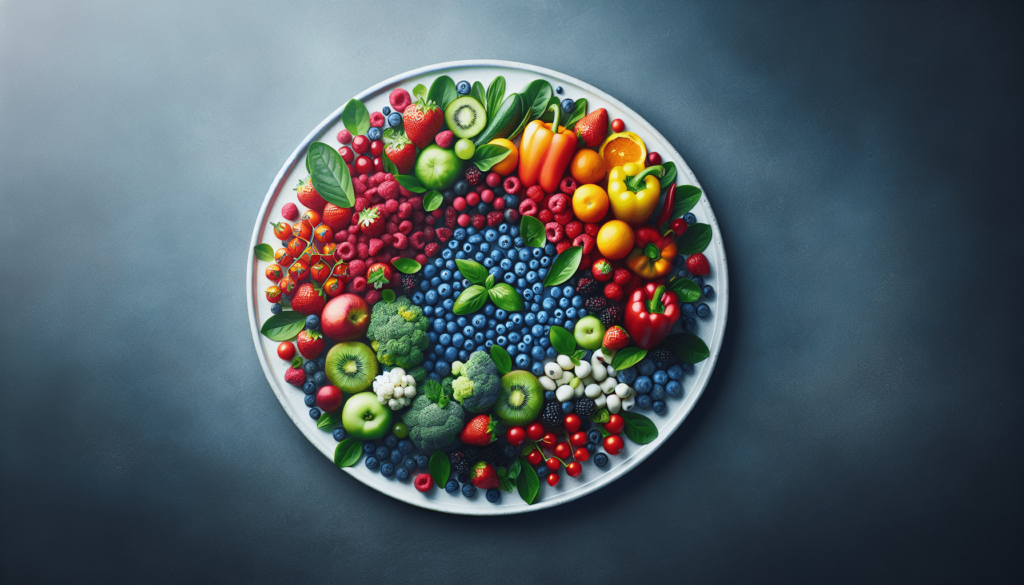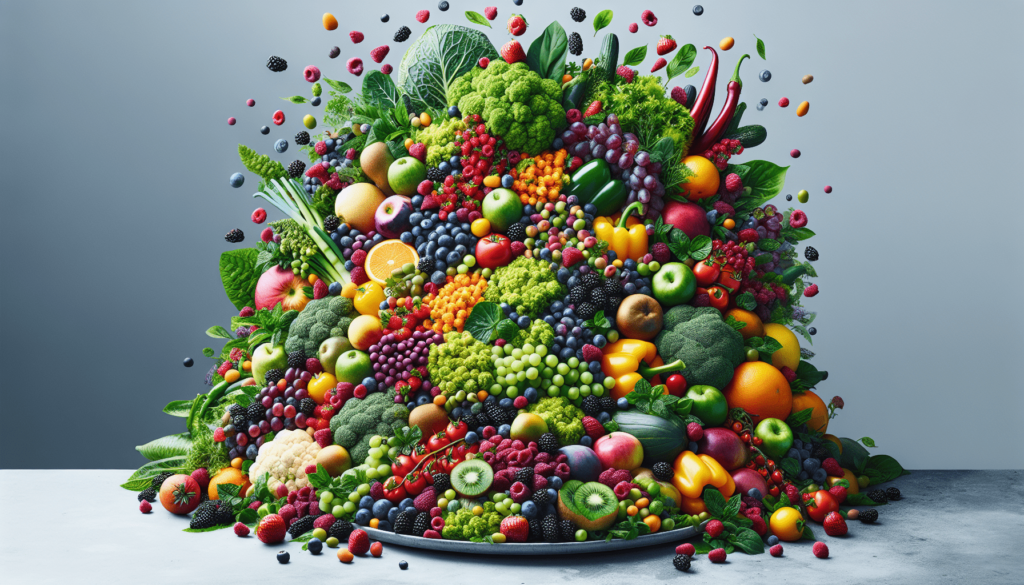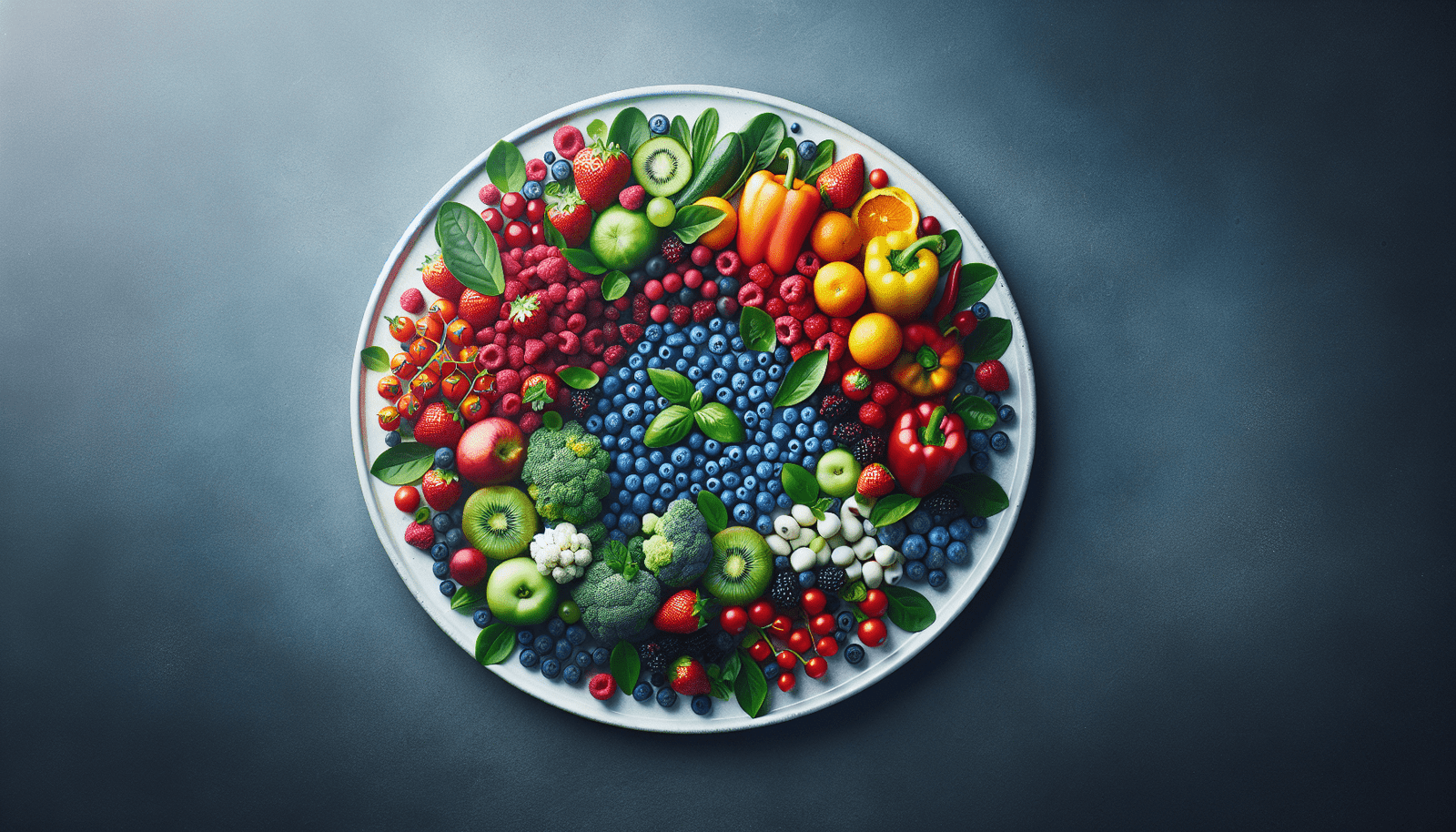Restorative Nutrition: Healing The Body With Food
Have you ever wondered about the power of food in healing your body? The concept of restorative nutrition may change the way you view your meals and their impact on your overall health and well-being. Let’s explore how different foods can be used to restore balance and promote healing within your body.

Understanding Restorative Nutrition
Restorative nutrition is focused on using food as a means to heal and promote overall wellness. It goes beyond just providing necessary nutrients for survival; it involves choosing foods that have specific therapeutic benefits for your body. By incorporating restorative nutrition into your diet, you can address specific health concerns and enhance your body’s natural ability to heal itself.
Choosing the Right Foods
When it comes to restorative nutrition, the quality of the food you eat is crucial. Opting for whole, minimally processed foods will ensure that you are getting the most nutrients and benefits from your meals. Try to incorporate a variety of fruits, vegetables, whole grains, lean proteins, and healthy fats into your diet to provide your body with a broad range of essential nutrients.
Incorporating Healing Nutrients
Certain nutrients have been shown to have restorative properties that can help support the healing process in your body. Here are some key nutrients and the foods rich in them:
| Nutrient | Restorative Benefits | Food Sources |
|---|---|---|
| Vitamin C | Boosts immune system | Citrus fruits, bell peppers |
| Omega-3 Fatty Acids | Anti-inflammatory properties | Salmon, chia seeds |
| Probiotics | Supports gut health | Yogurt, sauerkraut |
| Zinc | Supports immune function | Pumpkin seeds, beef |
| Antioxidants | Protect cells from damage | Berries, dark chocolate |
By incorporating these healing nutrients into your diet, you can support your body’s ability to heal and thrive.
Balancing Macronutrients
In addition to focusing on specific healing nutrients, it’s essential to pay attention to the balance of macronutrients in your diet. Macronutrients include carbohydrates, proteins, and fats, and each plays a crucial role in supporting different bodily functions.
- Carbohydrates: Provide energy for your body and brain. Opt for complex carbohydrates like whole grains, fruits, and vegetables for sustained energy levels.
- Proteins: Essential for building and repairing tissues in your body. Include lean protein sources like chicken, fish, tofu, and legumes in your meals.
- Fats: Important for hormone regulation and brain function. Choose healthy fats like avocados, nuts, seeds, and olive oil to support overall health.
By maintaining a balance of these macronutrients in your diet, you can ensure that your body has the necessary fuel to support its healing processes.

The Gut-Brain Connection
Did you know that your gut health plays a significant role in your overall well-being, including mental health? The gut-brain connection refers to the relationship between the health of your digestive system and your mental and emotional health.
A diet rich in fiber, probiotics, and prebiotics can help promote a healthy gut microbiome, which in turn can support better brain function and mood regulation. Foods like yogurt, sauerkraut, bananas, and whole grains can help nourish the beneficial bacteria in your gut and support a healthy gut-brain connection.
Anti-Inflammatory Foods
Inflammation is a natural response by your body to protect itself from harm, but chronic inflammation can contribute to various health issues. Incorporating anti-inflammatory foods into your diet can help reduce inflammation and promote healing within your body.
Some examples of anti-inflammatory foods include:
- Berries
- Fatty fish
- Turmeric
- Leafy greens
- Nuts and seeds
By including these foods in your meals regularly, you can help combat inflammation and support your body’s natural healing processes.
Hydration for Healing
Staying hydrated is essential for supporting the body’s ability to heal itself. Water is crucial for various bodily functions, including digestion, circulation, and temperature regulation. Dehydration can hinder the healing process and lead to a range of health issues.
In addition to drinking an adequate amount of water each day, you can also incorporate hydrating foods into your diet. Fruits and vegetables with high water content, such as watermelon, cucumbers, and oranges, can help keep you hydrated and support your body’s healing efforts.
Listening to Your Body
One of the essential aspects of restorative nutrition is listening to your body’s cues and responding to its needs. Pay attention to how different foods make you feel – do certain foods energize you, while others leave you feeling sluggish? By tuning into your body’s signals, you can make informed choices about the foods that support your overall well-being and healing.
Meal Planning for Healing
Meal planning can be a helpful tool in incorporating restorative nutrition into your daily routine. By planning out your meals ahead of time, you can ensure that you are getting a variety of nutrients and healing foods throughout the week. Here are some tips for effective meal planning for healing:
- Include a balance of macronutrients in each meal
- Incorporate a variety of fruits and vegetables
- Prep ingredients in advance to make cooking easier
- Experiment with different herbs and spices for added flavor and healing benefits
By taking the time to plan and prepare nourishing meals, you can support your body’s healing process and promote overall wellness.
Seeking Professional Guidance
If you have specific health concerns or are looking to address a chronic condition through restorative nutrition, it may be beneficial to seek guidance from a healthcare professional. A registered dietitian or nutritionist can help you develop a personalized meal plan tailored to your specific needs and health goals. They can also provide valuable insight into how different foods can support your body’s healing processes.
Conclusion
Restorative nutrition offers a holistic approach to healing the body with food. By focusing on nutrient-dense foods, balancing macronutrients, supporting gut health, and listening to your body’s cues, you can promote healing and overall wellness from within. Incorporate healing nutrients, anti-inflammatory foods, and hydrating options into your diet to support your body’s ability to heal and thrive. Remember, food is not just fuel – it’s medicine for your body and soul. Start your journey towards restorative nutrition today and reap the benefits of healing from within.

